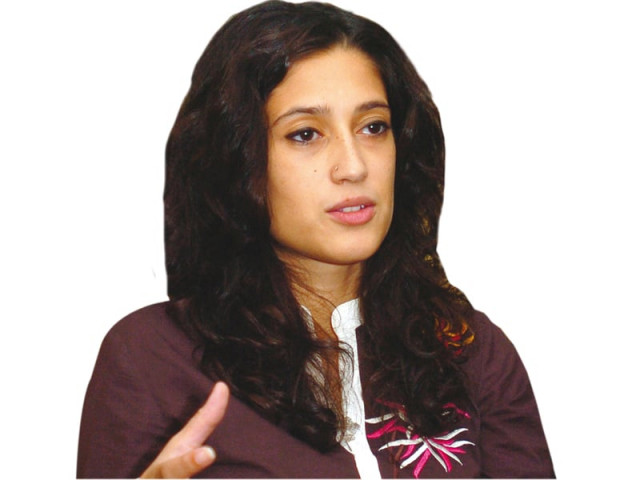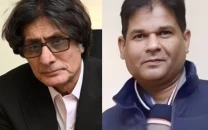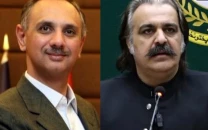Book review: The Shadow of the Crescent Moon - [Un]Predictable games
Amidst dark tales, Fatima Bhutto manages to shine as a writer.

Amidst dark tales, Fatima Bhutto manages to shine as a writer
The Shadow of the Crescent Moon set in Mir Ali, a small town in the troubled tribal region of Waziristan (or the FATA area as we mark it on the map of Pakistan), chronicles the story of three brothers (Aman Erum, Sikandar and Hayat) and the two women close to them (Mina and Samarra) through the course of a single, eventful morning.
The story that unfolds is a bitter tale of betrayal, discrimination, oppression and a war that has no closure because there are just too many sides to it — the Taliban, the army, the religious divide between Sunnis and Shias and the people of the land.

In a Gulf News interview, Bhutto disclosed that “When I was a journalist, I had travelled a lot. All the things that did not fit into articles, all the little moments you have with people, those stayed with me. The surge in this book came from that period of journeys. The scenery or the descriptions come from what I saw. So, even though it is fiction, The Shadow of the Crescent Moon is not a fake story.”
While the book contains some lovely imagery, its vivid setting fails to offset the lack of a proper closure as many questions are left unanswered. The novel is structured around a single morning, but various backstories are filled in through extended flashbacks tugging the reader in multiple directions that often becomes difficult to keep track of.
The characters stand in stark contrast with each other and most pop up and die down in the narrative, only for their significance to dawn on us pages later. Samarra, the mysterious Colonel Tarik and even Sikandar’s wife, Mina, were initially mentioned in a very forgettable manner. Pleasantly however, it is the female characters in the novel that are much stronger then the three male protagonists. In the end, the reader just feels more connected to the grieving Mina or the rebellious Samarra than either of the three brothers.
A major disappointment is Bhutto’s writing which is inconsistent and tends to vary from poetic to breezy, to extremely perceptive. But, there is a memorable section in the book when Aman Erum travels to Islamabad for his US visa interview — which showed sheer brilliance.
Overall, the book gives one a strong sense of déjà vu, as it is also a political-religious narrative that is telling a story of Pakistan that has been ventured by Mohsin Hamid and Mohammed Hanif in their works. But it succeeds far more than it fails. Only a few debut novels can adequately communicate a theme or message — and the end result here is complex and compassionate at the same time.
Samra Muslim is a digital marketing professional, an avid reader and a movie buff. She tweets @samramuslim
The Shadow of the Crescent Moon is Bhutto’s fourth book. Her earlier works are:
• Whispers of the Desert, a volume of poetry which was published in 1997 by Oxford University Press, Pakistan when she was 15 years old,
• 8.50 am. October 8, 2005, a collection of first-hand accounts from survivors of the earthquake in Pakistan, and
• Songs of Blood and Sword, a memoir on the life of her father, Mir Murtaza, who was murdered when she was just 14.
Published in The Express Tribune, Sunday Magazine, December 1st, 2013.

















COMMENTS
Comments are moderated and generally will be posted if they are on-topic and not abusive.
For more information, please see our Comments FAQ